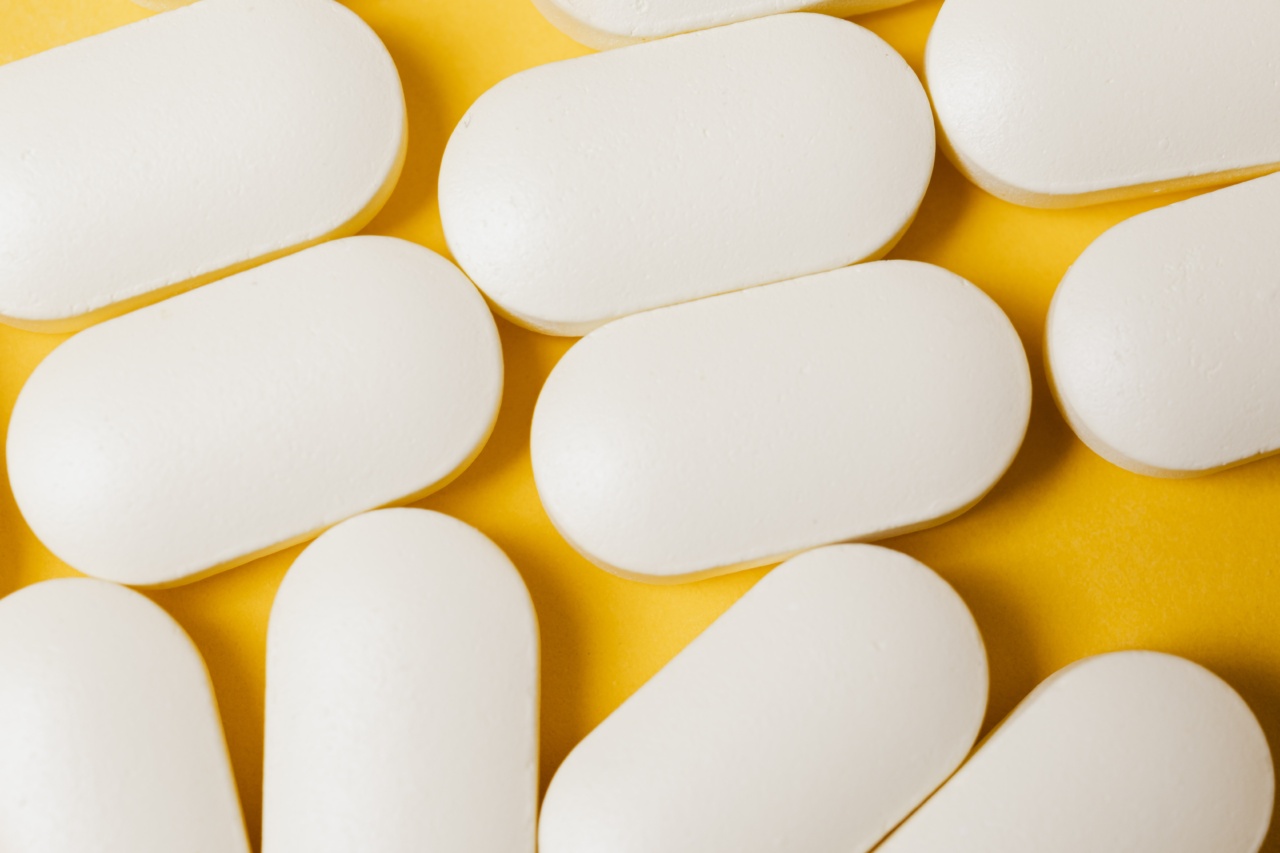Vitamin B12 is a crucial nutrient that plays a vital role in our body’s optimal function. As one of the eight B vitamins, it is responsible for keeping our nervous system healthy, producing new red blood cells, and aiding in DNA synthesis.
Sources of Vitamin B12
While Vitamin B12 is naturally found in animal-based foods such as meat, fish, poultry, eggs, and milk products, there are also a few vegan alternatives such as fortified cereals, nutritional yeast, and plant-based milk products such as soy, almond, and oat milk.
Vitamin B12 Deficiency
Vitamin B12 deficiency is a common health problem worldwide, with the elderly, vegetarians, and people with stomach disorders being at the highest risk of developing a deficiency.
The main symptoms of Vitamin B12 deficiency include fatigue, weakness, constipation, numbness or tingling sensations in the hands and feet, and problems with mobility and coordination.
Optimal Daily Dose
The recommended daily dose of Vitamin B12 varies for different age groups. According to the National Institutes of Health (NIH), the optimal daily dose of Vitamin B12 is as follows:.
- Infants (0-6 months): 0.4 mcg/day
- Infants (7-12 months): 0.5 mcg/day
- Children (1-3 years): 0.9 mcg/day
- Children (4-8 years): 1.2 mcg/day
- Children (9-13 years): 1.8 mcg/day
- Teens (14-18 years): 2.4 mcg/day
- Adults (19 years and older): 2.4 mcg/day
- Pregnant women: 2.6 mcg/day
- Breastfeeding women: 2.8 mcg/day
Supplementation
For individuals who do not consume enough Vitamin B12 through their diet, a Vitamin B12 supplement may be necessary to meet the optimal daily dose. Some of the different types of Vitamin B12 supplements include:.
- Cyanocobalamin: This is the most commonly available form of Vitamin B12 and is found in most Vitamin B12 supplements.
- Hydroxocobalamin: This is considered a more natural form of Vitamin B12 and is often administered in injections.
- Methylcobalamin: This is a more easily absorbed form of Vitamin B12 and is often used in specialized supplements such as those intended for athletes.
Risk Factors
In addition to age and diet, there are other factors that can increase the risk of developing a Vitamin B12 deficiency. These include:.
- Use of certain medications such as proton pump inhibitors, metformin, and antacids for long periods of time.
- Stomach disorders such as gastritis or celiac disease.
- Heavy alcohol consumption.
- Gastrointestinal surgery.
Prevention
The best way to prevent a Vitamin B12 deficiency is to consume a balanced diet rich in Vitamin B12, especially for at-risk populations such as the elderly and vegetarians.
For those with certain health conditions or who do not consume enough Vitamin B12 through their diet, a supplement may be necessary to meet the optimal daily dose.
Conclusion
Vitamin B12 is an essential nutrient that plays a vital role in our body’s optimal function. By consuming a balanced diet and supplementing when necessary, we can ensure that we meet the optimal daily dose of Vitamin B12 and maintain good health.





























